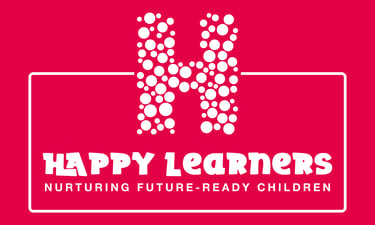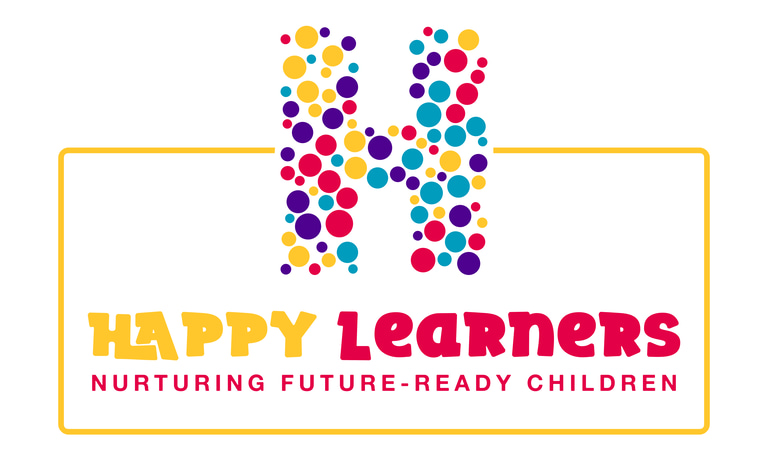Preparing Your Child for Primary 1: Building a Future-Ready Foundation
Starting Primary 1 is a big step for both children and parents! In this article, we share practical tips to help your child transition smoothly into primary school — from developing essential literacy and numeracy skills to building independence, confidence, and positive social habits. With the right preparation and encouragement, your child will be ready to embrace this exciting new chapter with joy and confidence.
ARTICLES
Happy Learners
10/18/20252 min read


Your Child’s Transition to Primary 1
Starting primary school is a significant milestone in your child's life. This transition can be both exciting and nerve-wracking, not just for them, but for you as a parent too! As you prepare for this new chapter, here are some helpful tips to ensure your child is ready to take on the challenges of Primary 1 with confidence.
Developing Essential Skills
Before your child steps into the classroom, it's vital to focus on developing their essential skills. Communication is key in primary education; encourage your child to express their thoughts and feelings verbally. Engaging in conversations at home, reading together, and asking open-ended questions can do wonders for their language development.
Additionally, help them with basic numeracy skills. Simple counting games, identifying shapes, and using everyday objects for math-related activities can enhance their numerical understanding. Not only does this make learning fun, but it also lays a solid foundation for future math concepts.
Encouraging Social Interactions
Social skills are just as important as academic readiness. Arrange playdates and group activities to help your child learn the art of sharing, turn-taking, and cooperation. Teaching them about empathy and understanding emotions can also help them forge friendships and adapt to the social dynamics they will encounter in Primary 1.
Prepare them for the school environment by discussing what a day in school looks like. This will help reduce any anxiety they may feel about unfamiliar situations. Role-playing typical school scenarios, like raising their hand to speak or asking for help, can also be beneficial.
Building Independence and Routine
Fostering a sense of independence is crucial for your child to feel secure in a new setting. Start with small tasks at home—encourage them to dress themselves, pack their school bag, or even help with simple chores. This sense of responsibility builds their confidence and prepares them for the daily routines of school life.
Establish a consistent routine that includes dedicated time for homework and leisure. Familiarity with a structured schedule will help them adapt to the school timetable. Consistency is key; ensure they have a regular bedtime to get adequate rest, as a well-rested child is more likely to engage positively in learning activities.
Creating a Positive Learning Environment
Lastly, create a supportive atmosphere that celebrates learning. Encourage curiosity and creativity by exploring new experiences together, whether it’s visiting a museum or engaging in outdoor projects. Positivity goes a long way. Show enthusiasm for their achievements, no matter how small, to instill a love for learning early on.
In conclusion, preparing your child for Primary 1 is all about laying a balanced foundation of academic, social, and emotional readiness. With your support and encouragement, they’ll not only be ready for their first day of school but also set on a path to becoming future-ready learners.
Copyright 2025 © Happy Learners Pte. Ltd. UEN 202414733Z. All Rights Reserved.


